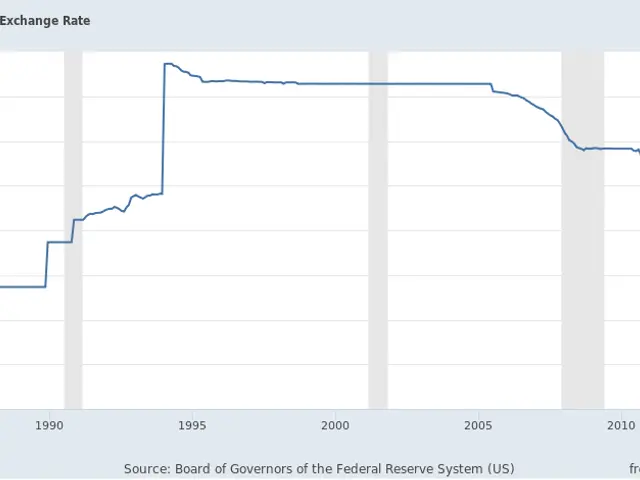Kazakhstan’s welfare reforms cut dependency while boosting self-reliant opportunities
Kazakhstan's social welfare system is undergoing changes, with President Tokayev aiming to create an 'inclusive environment with equal opportunities'. While economic growth is a focus, the dependency mentality among welfare recipients remains unexplored due to lack of psychological-behavioral metrics. Currently, 413,000 people receive targeted social assistance (TSA).
In the first nine months of this year, 274,000 people benefited from TSA. However, the Ministry of Labor and Social Protection has been revising criteria and strengthening verification measures, reducing the number of recipients to 413,000 by 2024. This includes removing around 60,000 families from the program, saving approximately 1.2 billion tenge.
The reforms aim to enhance support effectiveness and create employment opportunities. Success stories include a family in East Kazakhstan who opened a hair salon and an unemployed couple in West Kazakhstan who launched a quail farm, both no longer needing social assistance. Meanwhile, Samal, a mother of four in Astana, actively builds her own business while receiving state support.
Despite the uncertainty of reducing inequality given the current socioeconomic landscape, the government's proactive approach to social welfare shows promise. By focusing on need-based standards and creating opportunities for employment, Kazakhstan strives to ensure economic growth is felt in people's daily lives, fostering individual prosperity.
Read also:
- American teenagers taking up farming roles previously filled by immigrants, a concept revisited from 1965's labor market shift.
- Weekly affairs in the German Federal Parliament (Bundestag)
- Landslide claims seven lives, injures six individuals while they work to restore a water channel in the northern region of Pakistan
- Escalating conflict in Sudan has prompted the United Nations to announce a critical gender crisis, highlighting the disproportionate impact of the ongoing violence on women and girls.







